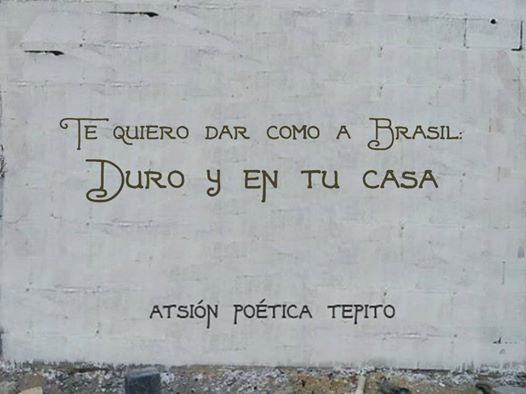
In San Diego, there are 130,000 people at Comic-Con International, a place, the LA Times says, “where fans celebrate superheroes and science fiction and Hollywood studios promote their upcoming geek-friendly fare. As comic book characters have broadened, so too has their fan base. More women have begun attending Comic-Con in recent years, and now comprise about 40% of convention-goers, according to Glanzer.”
But even with the increase in women attending, sexual harassment continues to be a problem. For example, Janelle Asselin, who the LA Times writes “has edited comics for DC and Disney, said she has been groped at half a dozen conventions. She said a male comic book artist once told her he would like to eat her ‘like a pie,’ and she received rape threats in comments posted online after she had written a critique of a comic on her blog.”
In response, our friends at Feminist Public Works/Geeks for CONsent submitted a petition with 2,500 signatures calling on organizers to post signs in the convention halls detailing its anti-harassment policies. It also wants convention volunteers trained on how to respond to harassment incidents.
Comic-Con feels it’s already doing enough as they “already posts its policy, that “harassing or offensive behavior will not be tolerated,” on its website and in a printed events guide.”
Geeks for CONsent disagree and since Comic-Con isn’t doing more, they are in San Diego now, handing out anti-sexual harassment information to attendees. They’ve also developed an anti-harassment training manual for convention use. We support them in their effort!

